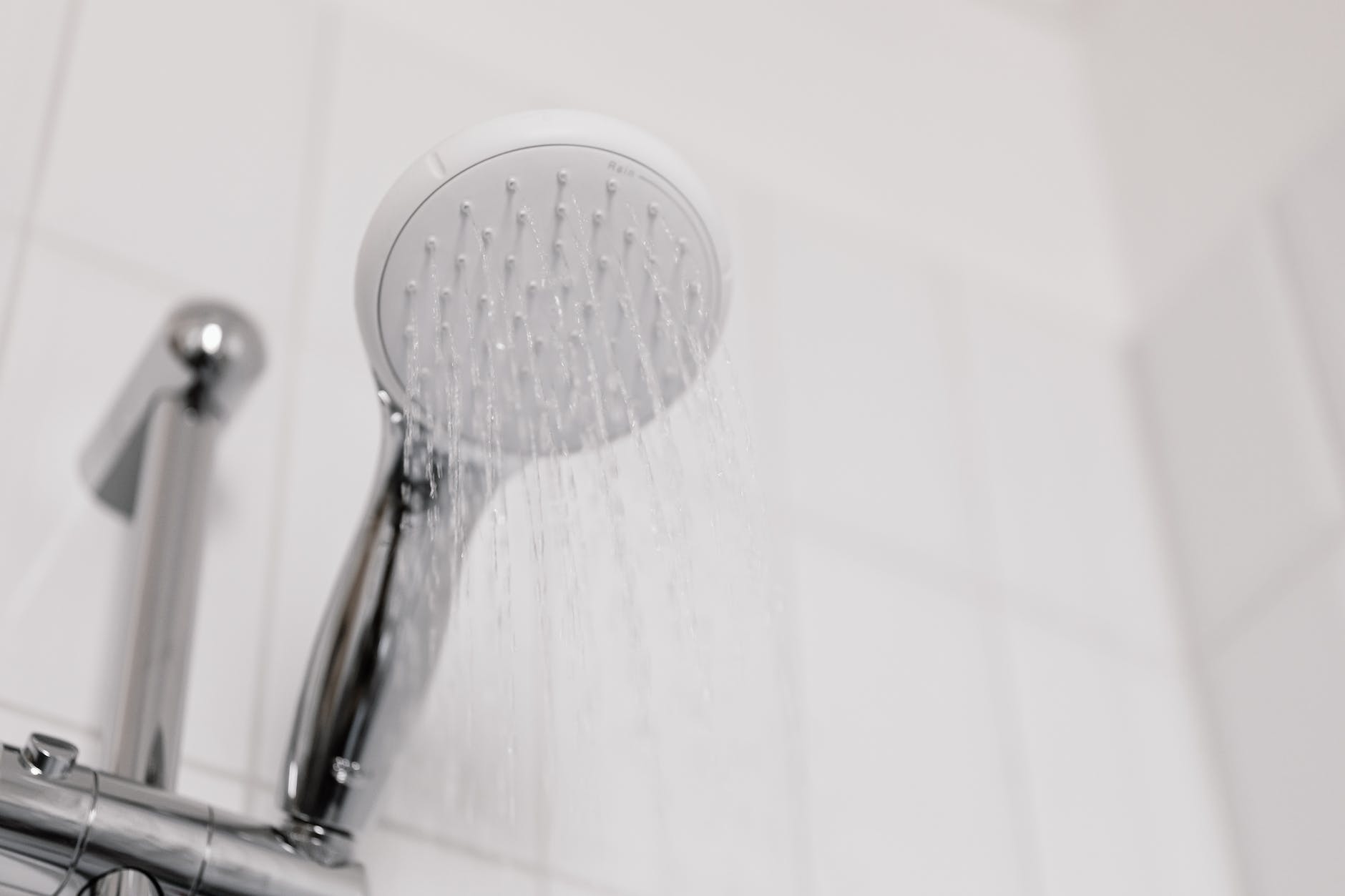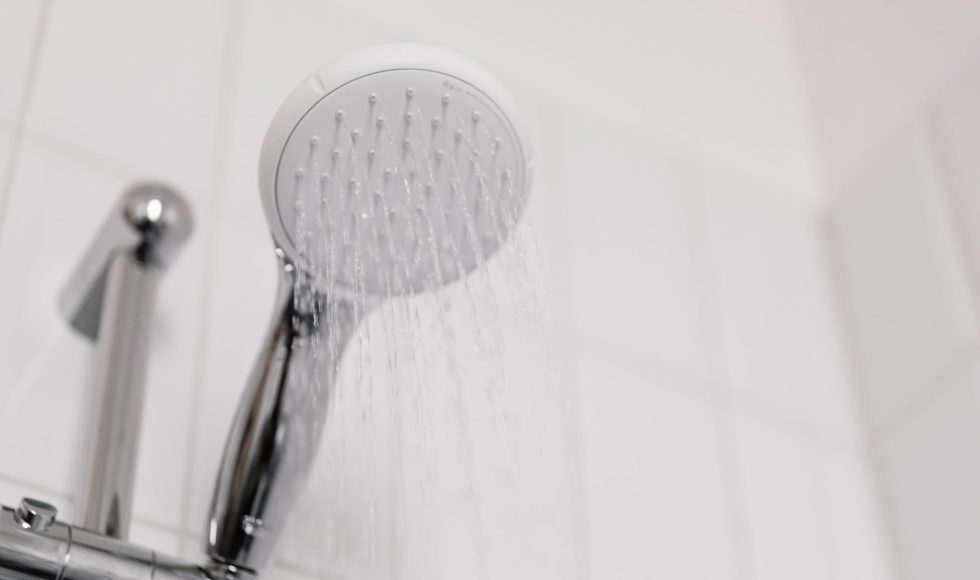Stephanie Mathews from Campbell University presented at ASMCUE 2022 on two case studies they created as part of HITS! Yay! The session was entitled “Showerhead Microbiome and Antibiotic Resistance Case Studies for 200-level Microbiology Courses.” The case studies focused on high-throughput approaches and fundamental microbiology concepts. The hook for the first case study was… a dirty showerhead! This case study identifies Serratia. The group Mathews worked with came up with awesome titles: you never shower alone! They define viable but not culturable, for example. The case study also uses a jigsaw. The assessments included a “build a workflow based on your assigned technology” and then the summative assessment to design an experiment. The second case study is titled “Battling in the Arena: Dissecting the MEGA Plate Experiment.” For this case study, Mathews and team worked on key learning objectives and designed a roadmap for students. Again, they used the jigsaw strategy to assign students to research different resistance mechanisms. Mathews shared the proposed timeline for this activity. The formative assessment included polling software. Next, there is a classroom discussion about the shortest amount of time that a microorganism may need to develop resistance. Another prompt is to think about how to measure antibiotic resistance evolution in the lab. Through random mutations and selective pressure, resistance becomes apparent in the mega plate very quickly. Mathews ended with a common misconception that humans can become resistant to antibiotics. Mathews shared how she polled faculty and noticed about the same level of confusion than students in her course post case study! I am so glad Stephanie and team presented this work!



